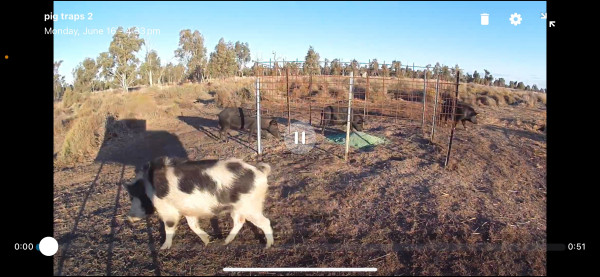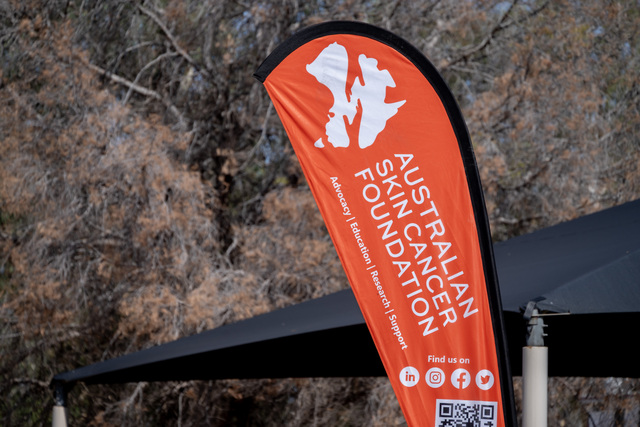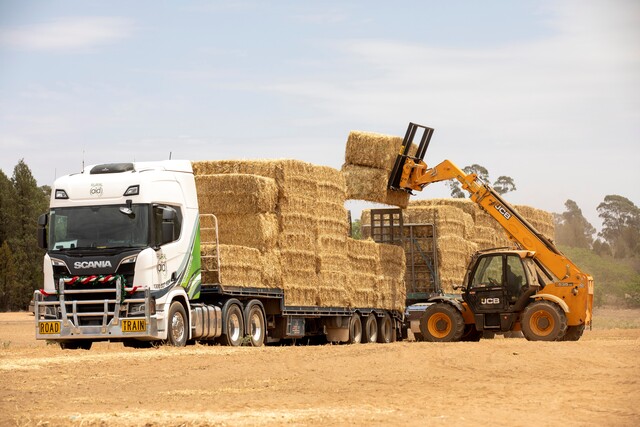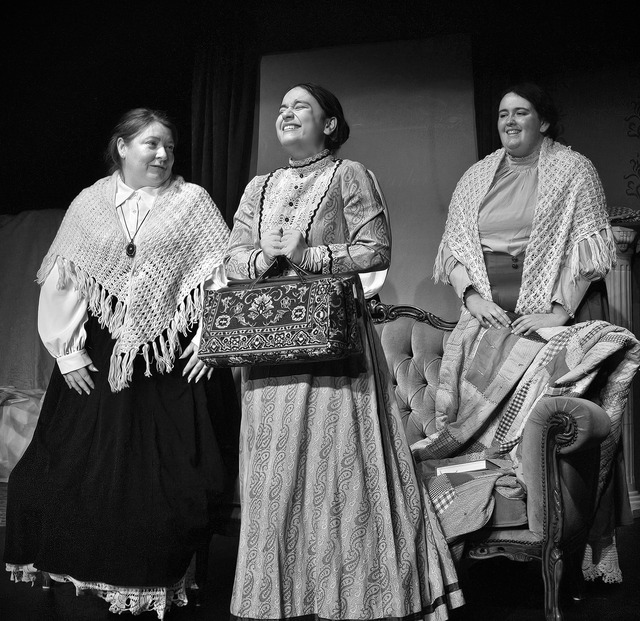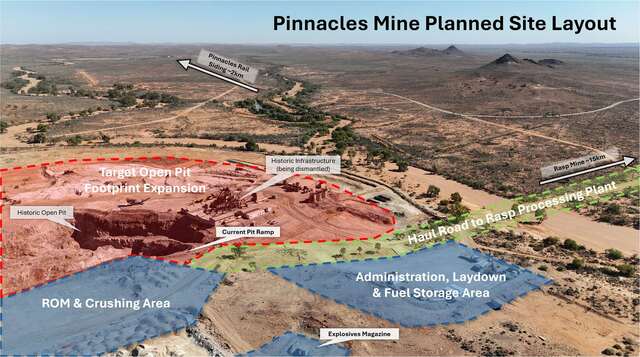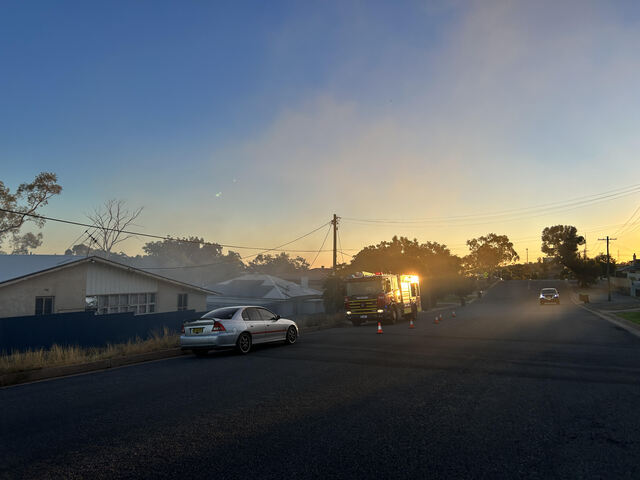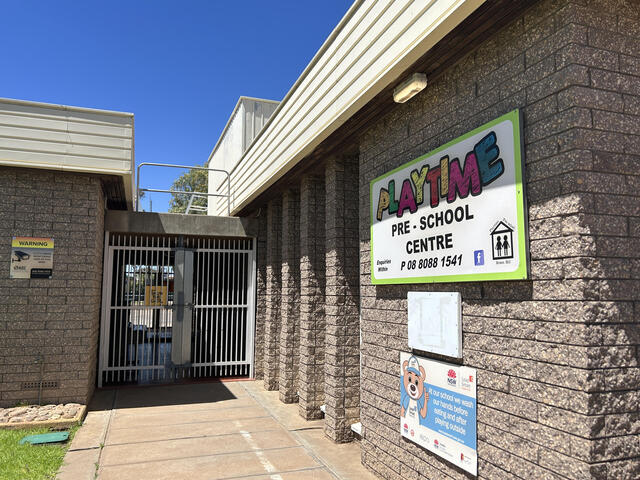PEST control and conservation aren’t always considered interlinked, but Steven Johnstone and Jason Manning think the key to protecting biodiversity across the Far West lies in the management of invasive pest species.
Mr Johnstone and Mr Manning are pest controllers on remote properties, working with landholders and land managers to keep numbers of pests like pigs and foxes down through baiting, shooting and trapping.
New technology like drones is assisting their ability to surveil properties to gauge pest numbers, which are then targeted using seasoned techniques such as baiting, trapping and shooting.
“The drones are used for surveillance, and then we also do a bit of shooting as well as trapping and baiting,” Mr Johnstone said.
He said that the majority of their work in the region is targeting feral pigs and foxes.
“They’re the biggest drama because a lot of people are lambing currently, and they target the fresh born lambs.”
The invasion of pest species not only wreaks havoc on stock, but is incredibly destructive to the landscape itself, according to Mr Johnstone.
“With the environmental side it affects the landscape itself,” he said.
“They’re uprooting native plants, they eat ground laying native birds, destruction along riverbanks. It’s unbelievable once you get into what they actually eat.”
While some landholders and managers are proactive when it comes to managing pests, Mr Johnstone said because the last few years have been great for feed, it’s important to remember to stay on top of surveilling for potential pests.
“The last four or five years we’ve had really good seasons, so the foot comes off the pedal a bit,” he said.
“There’s plenty of feed around and we can forget about what’s going on. One pig is too many. We can never eradicate them all that’s for sure, but we just really need to slow them down as best we can. So getting onto it early and consistently is important.”
Though baiting with poisons like 1080 can be controversial amongst environmentalists, Mr Johnstone said it’s generally the most cost effective method, and has little repercussions for native species.
“A goanna would need to eat more than two times its body weight of 1080 to be seriously affected,” he said.
“It’s the most cost effective way of doing it because if you went around shooting that many foxes, you’d be there forever and a day.”
Mr Johnstone and Mr Manning both run their own pest control businesses, however often work together on jobs.
Though they can’t be everywhere, Johnstone said he’s always happy to take calls from landholders and land managers to offer some advice when it comes to pest control.
“Our phones are always open for a chat, we can’t be everywhere but the awareness needs to be out there,” he said.
Mr Johnstone can be reached on 0409201836 and Mr Manning on 0458 770 897.

